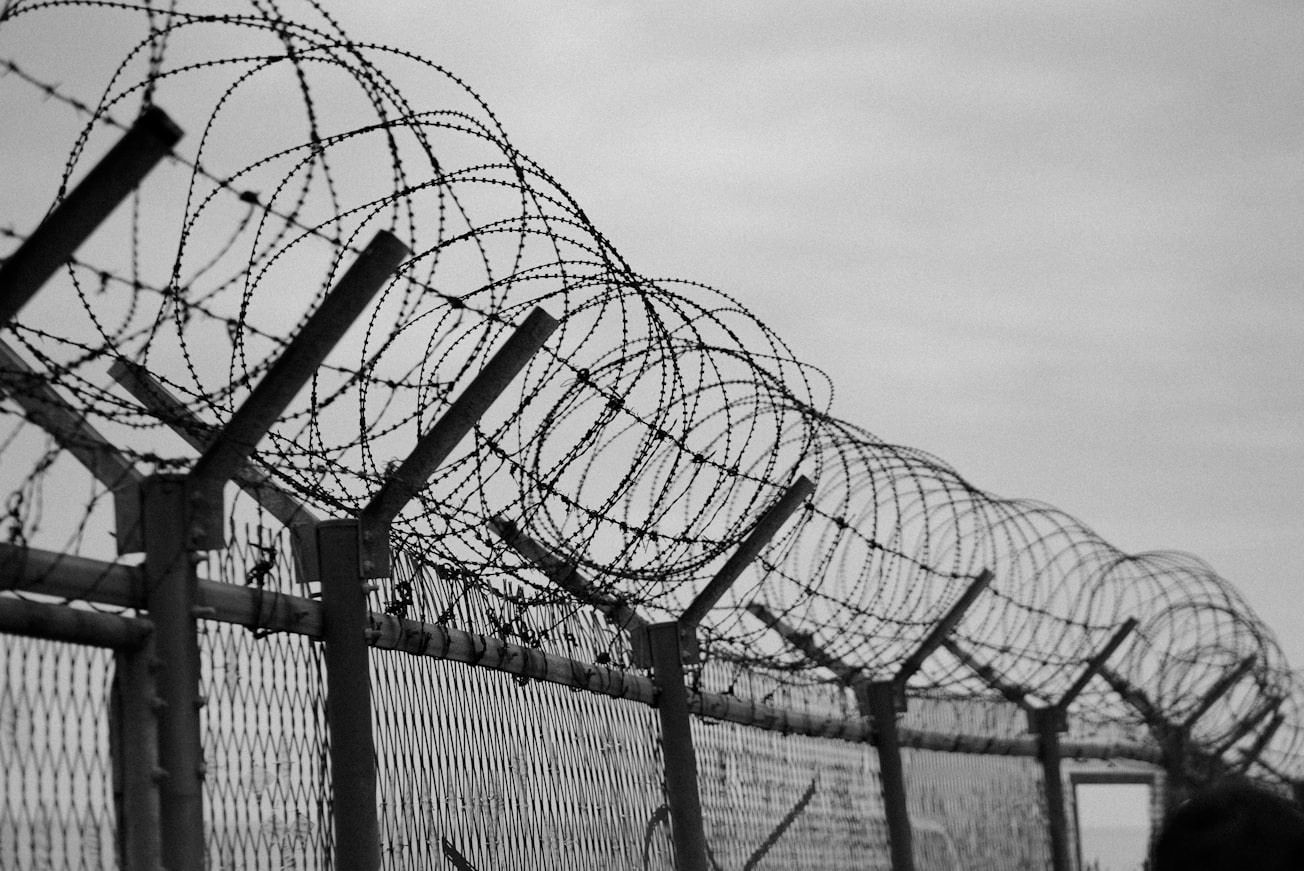What is it about?
In most dystopian fictions (e.g. Orwell's Nineteen Eighty-Four, Huxley's Brave New World), an oppressive political regime oppresses the population that it rules over. In contrast, Mieville's The City and the City and Ishiguro's Never Let Me Go present interesting dystopias because in both cases the system functions partly from the bottom up: in other words, the ordinary people who are subject to those regimes are complicit with their own oppression. In this article, I discuss the nature of this complicity, arguing that it arises from what the characters fail to see and fail to tell each other.
Featured Image

Photo by Daniel Bernard on Unsplash
Why is it important?
This article explains how Mieville and Ishiguro challenge the tradition model of dystopian fiction. The idea of complicity is relevant to the current political climate because the ever-increasing options for accessing information mean that we may blind ourselves to - or may simply fail to see - forms of oppression that we are subject to.
Read the Original
This page is a summary of: Complicity in Dystopia: Failures of Witnessing in China Miéville’s The City and the City and Kazuo Ishiguro’s Never Let Me Go, Partial Answers Journal of Literature and the History of Ideas, January 2015, Project Muse,
DOI: 10.1353/pan.2015.0021.
You can read the full text:
Contributors
The following have contributed to this page







